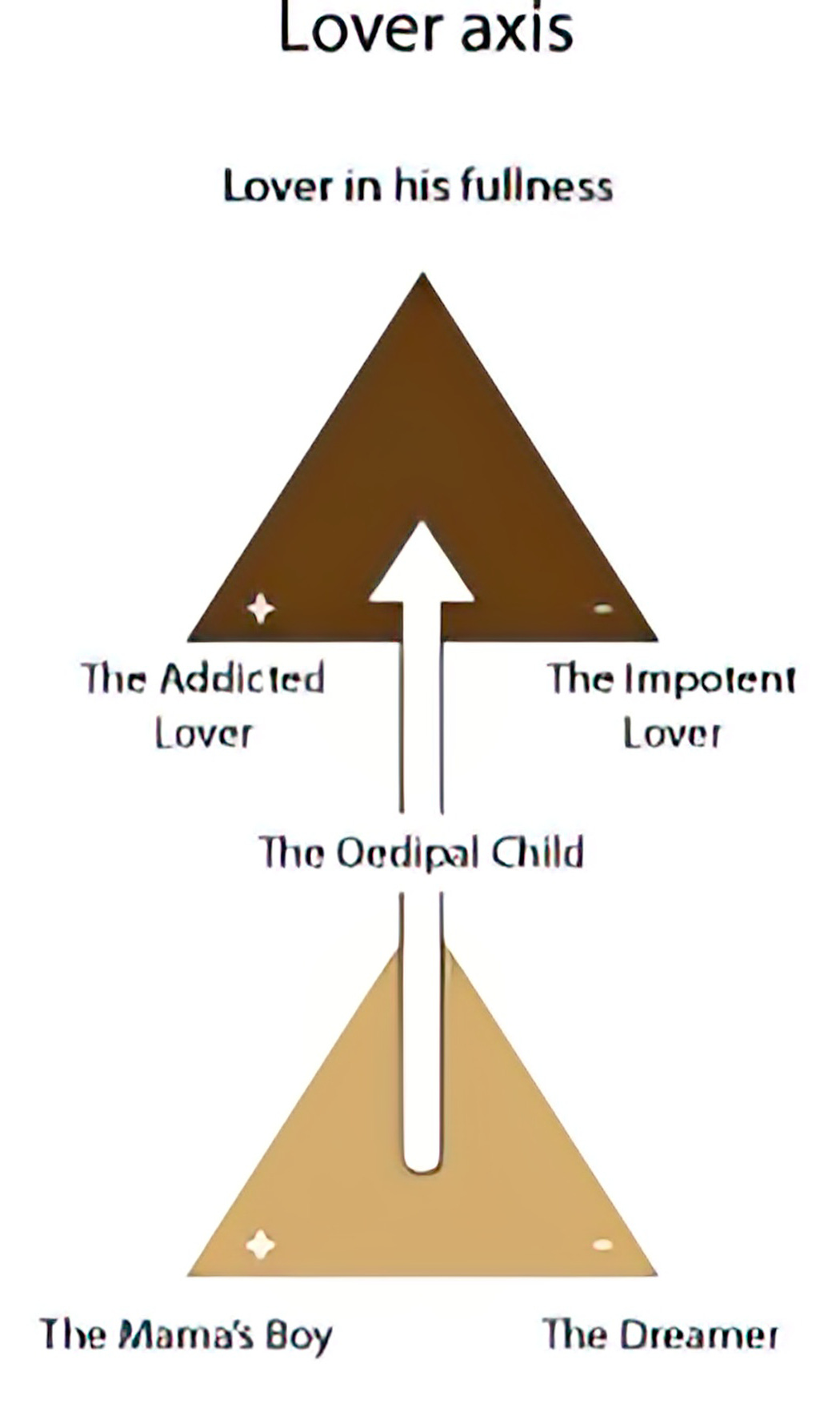Processing Our Grief
Set Your Life on Fire

“The simple symbolic references have become dulled
in the reverence they once contained.
I hang my head in sorrow, in shame, and silently grieve:
I want to cry, to wail my misery and aloneness to the wind, but no one ever taught me.”
--Patrick Nolan: The Folsom Prison Daybook
Note: To learn more about Patrick Nolan and ‘The Book” visit Inside Circle.
“There are only two emotions - Fear and Love. Go with Love.” –Wayne Dyer
The above quote was used by Dr. Dyer in his lectures and the author Marianne Williamson. When working with young men and introducing the concept of emotional literacy (EQ), we deal with the four (4) main emotions, Glad, Sad, Mad, Afraid. You can also count Numb as a feeling/emotion as a young teenager in today’s world may be so overwhelmed that they simply cannot connect with the main feeling in their body. We honor the Numb.
In a world more and more devoid of Emotional Intelligence (EQ), initiating young men into the world of their emotions/feelings and their heart has never been more imperative.
To be clear, we are not talking about a room full of young men sobbing and wiping tears with tissues. This is simple literacy and intelligence. My body is tight, my breathing is shallow, my palms are sweaty…I am feeling Fear. Recognizing what is happening in the body and the ability to identify the dominant feeling is critical to building strong empathetic leaders.
Anger is such an easy one for men. In my experience over years of doing initiation work, anger is almost always the mask we put on to keep us from feeling our grief or sadness. I have always held that anger is nothing more than a cheap commodity. We are trained from an early age that any type of empathy or sympathy is “weak.”
Today we have a backlash over a cultural perception that “men are being weakened.” That is true. Men and young men who do not understand their emotions and particularly their ability to process grief are indeed weakened. By this logic, we encourage only a lack of vision and wisdom by denying or masking our grief.
“Grief can be the garden of compassion. If you keep your heart open through everything, your pain can become your greatest ally in your life’s search for love and wisdom.” --Rumi
Rumi tells us that grief is not suffering. Psychologically, the resistance to grief is due to its being perceived as a form of suffering. Who wants to choose to suffer?
But, when we listen to Patrick’s words above, we hear that his soul is asking for a way to enter what he senses is a garden of compassion, “but no one ever taught me.”
So we reimagine a world where the Patrick Nolan’s are not overlooked or left to fall through the cracks of our society. We must TEACH young men how to identify their emotions and process those feelings.

This is not about “saying the right thing.” There are countless books written on how to help a friend through grief, how to act and what to say. We are talking about naming emotions and then setting on a pathway to processing. The self-knowledge required to identify and incorporate feelings.
In the “manliest” sense, the stoic Seneca speaks of ‘conquering our grief.’ He presents this as a pathway through, as opposed to masking, that grief with anger or distractions. However hard we may try, we cannot ‘deceive’ grief.
“It is better to conquer our grief than to deceive it. For if it has withdrawn, being merely beguiled by pleasures and preoccupations, it starts up again and from its very respite gains force to savage us. But the grief that has been conquered by reason is calmed for ever. I am not therefore going to prescribe for you those remedies which I know many people have used, that you divert or cheer yourself by a long or pleasant journey abroad, or spend a lot of time carefully going through your accounts and administering your estate, or constantly be involved in some new activity. All those things help only for a short time; they do not cure grief but hinder it. But I would rather end it than distract it.” — Seneca
Rumi echoes this by telling us, “The cure for the pain is in the pain.”
As an elder, as a teacher, it is essential that we have first done this work so that we can facilitate these young men through their hearts and give tomorrow’s Patrick a chance at a more healthy and productive life in society. Our empathy produces more men with empathy/EQ.
“That means facing it now. Process and parse what you are feeling. Remove your expectations, your entitlements, your sense of having been wronged. Find the positive in the situation, but also sit with your pain and accept it, remembering that it is a part of life. That’s how one conquers grief.” – Ryan Holiday
Let’s be clear, there are times when anger is righteous, where fighting for what we believe in or need to protect is important for men…this is where our mature Warrior is required. At the same time, when our bodies are filled with grief, the “actions” that we take are just as essential. We must take that same sense of clarity and focus that we carry in protecting what is precious to us into our griefwork. In the Four Male Archetypes of the King, Warrior, Magician and Lover, grief is most associated with the Lover. It is where can truly set our life on fire.
“Thus, when a man taps into the Lover archetype’s energy, he feels alive with vim and vigor and connected to the world and those around him. A man in touch with the Lover archetype feels deeply, whether those feelings are of joy or pain.” –Brett McKay


